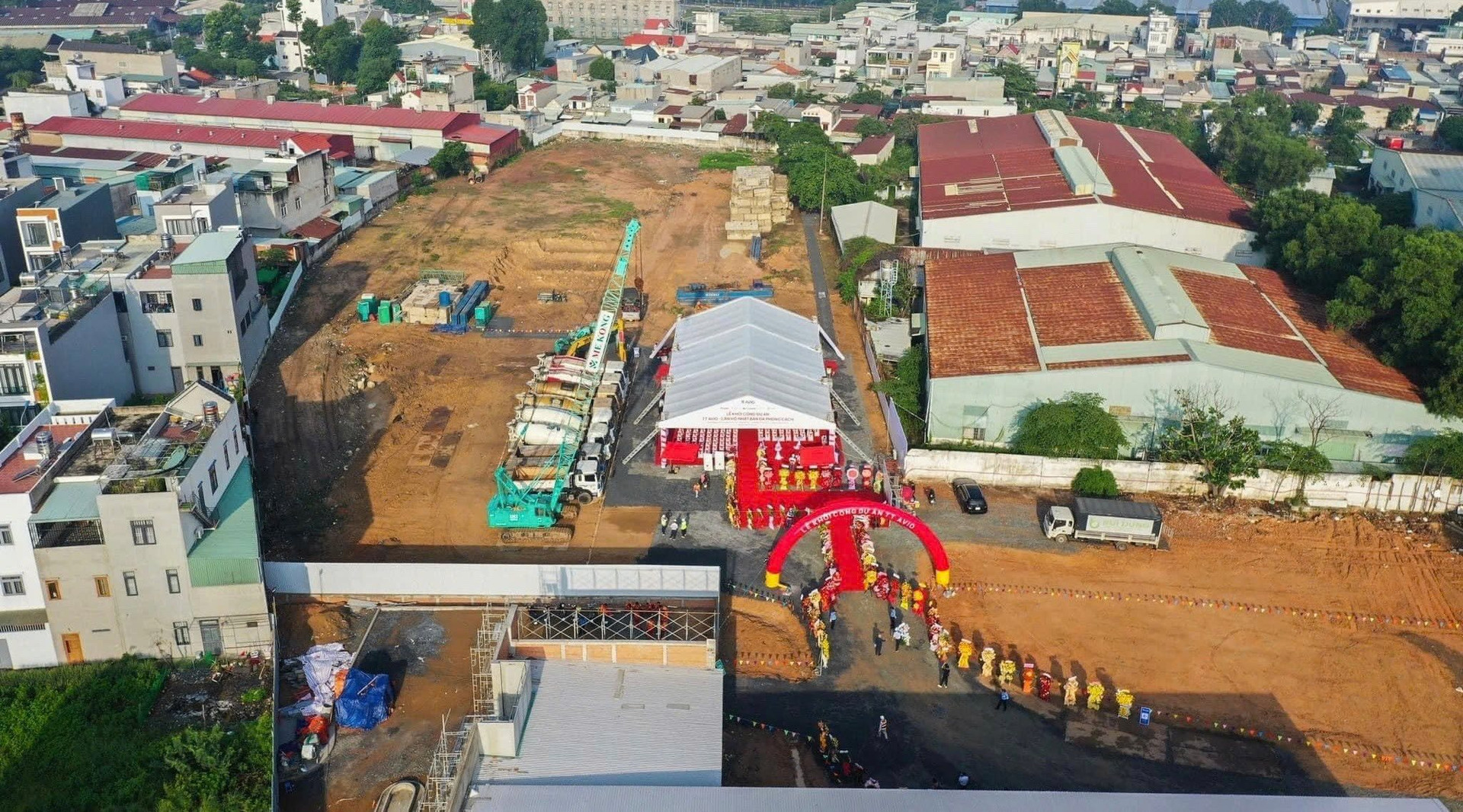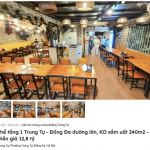High Expectations for Partner Companies
Japanese businesses invest in Vietnamese real estate in various ways: directly as investors, through joint ventures with domestic enterprises, or as shareholders. Among the sectors that Japanese companies pour capital into, real estate occupies a significant portion.
When “joining hands” with Vietnamese companies, Japanese investors tend to be very “calculating”. They set high standards for their Vietnamese partners regarding project legality, company capabilities, transparent governance, and tight capital control.
On the other hand, Vietnamese companies are quite interested in Japanese capital and collaboration as their projects will be upgraded by adhering to Japanese standards.

Mr. Keisuke Muraoka, Director of Housing Operations at Cosmos Initia International Business Branch (a member of Daiwa House Group) – a company with over 50 years of experience developing high-end real estate projects globally, is currently in a joint venture with TT Capital Joint Stock Company and Koterasu Group to develop the TT AVIO apartment project in the center of Di An City (Binh Duong), shared that their company is very meticulous in selecting investment partners. Usually, before collaborating, both parties will have a long enough period to assess each other’s reliability.
He gave an example of spending five years getting to know their Vietnamese partner before deciding to invest in a project in Binh Duong. Initially, the company had to establish a team specializing in researching the Vietnamese market, exploring through multiple sources and projects, and dedicating significant time and resources to understanding the partner and the project. It took approximately four years for the two sides to work together and understand each other before making the final investment decision.
In addition to land funds with clean legal status, the company highly values the capabilities and experience of the leaders of the cooperating Vietnamese enterprises. It is not necessary for the company to have executed numerous projects in the market, but it must have rich experience in managing, operating, and developing real estate projects and achieving specific accomplishments.
“We highly value the quality criteria of the project. When participating in a joint venture, we not only invest financially but also get directly involved in the entire construction and design process. All solutions and ideas are meticulously planned. Therefore, not only the joint venture partner but also the general contractor must be carefully selected as they directly impact the project’s quality,” emphasized Mr. Keisuke Muraoka.
Mr. Nguyen Dinh Truong, CEO of the Japanese joint venture, affirmed that “slow and steady” aptly characterizes Japanese investors when pouring capital into Vietnamese real estate. After working with Japanese enterprises, it is evident that they meticulously scrutinize project standards, earning the reputation of being “difficult” due to their meticulousness in every detail. Mr. Truong admitted that collaborating on investment projects with Japan is quite pressured. Since everything must be precise, the company has to continuously upgrade and innovate to keep up with the partner in the long run.
Careful Segment Selection for Capital Injection
From the perspective of a veteran consultant and connector for Japanese businesses entering the Vietnamese real estate market, Mr. Than Thanh Vu, Chairman of the Vietnam Tourism Real Estate Association (VnTPA), shared that Japanese companies have a soft spot for segments like industrial real estate (industrial parks, factories, and warehouses) and retail spaces.
In the last decade, Japanese businesses have started paying more attention to the housing segment in major cities and second-tier cities due to the rising demand for homeownership in Vietnam and improving incomes. Meanwhile, segments like hotels, resorts, and office rentals are less appealing to Japanese investors because of their high risk, slow capital recovery, and complicated procedures.
Mr. Vu also observed that Japan has a significant advantage when investing in Vietnam. Firstly, Japan has a more advanced level of development, having been ahead of Vietnam for decades, even centuries. Secondly, borrowing costs in Japan are very low due to the persistently low-interest rates over the past decades.
Currently, Japanese enterprises have established a strong presence in various segments of the Vietnamese market, with an increasing number and scale of investments. Some notable Japanese names that have made their mark in Vietnamese real estate include Cosmos Initia, Hankyu Hanshin Properties, Nishi Nippon Railroad, Sumitomo Forestry Group, and Kumagai Gumi…

In the last decade, Japanese businesses have started paying more attention to the housing segment in major cities and second-tier cities due to the rising demand for homeownership in Vietnam.
Recently, when asking a representative of Cosmos Initia about their thoughts on the opportunities in the Vietnamese apartment segment for Japanese investment, they analyzed that Ho Chi Minh City in Vietnam has a population of over ten million people. However, the cumulative supply of various housing types is only about 300,000 units.
In the past 2-3 years, the supply has been around 10,000 units per year. In contrast, Tokyo, Japan, with a population of 14 million, has a cumulative supply of 2,000,000 units. This comparison highlights the severe shortage of housing supply in Ho Chi Minh City.
“At this stage, we prioritize investing in mid-range apartment segments, targeting actual housing needs. Even in Japan, we focus on this segment, and it has proven to be very effective,” shared the Cosmos representative.
According to Japanese investors, the most attractive factor of the Vietnamese real estate market is its growth potential. The market still has a lot to offer regarding its young population, increasing incomes, and resources. This foundation makes Vietnam an attractive partner for Japanese businesses.
Currently, some major Japanese investors are diligently seeking partners and land funds for collaboration. The affordable housing segment remains a priority in their investment portfolios.
Astonishingly high price for old and dilapidated apartment buildings reaching nearly 200 million VND/m2, rivaling the most luxurious condominiums in Hanoi
Old collective apartments with prices starting from 100 million VND/m2 are usually the first-floor units that can be used for commercial purposes, while the upper-floor units are priced at 60-80 million VND/m2 for residential purposes.
“Emerging from the storm” – Real estate market anticipates bright “shades” in 2024
2023 is a year of concerted efforts and hard work from all parties to overcome challenges in the real estate market. A series of government policies have been enacted to create a certain impact on the real estate market.
Continuous Change and Adaptability, Affordable Housing Cravings to be “Satisfied” by 2024?
Developing affordable housing will open up opportunities to address the supply-demand imbalance and reduce the overall housing prices in the market. If the market as a whole collaborates and adopts market-driven housing policies, the development of affordable housing will progress alongside social housing.




















